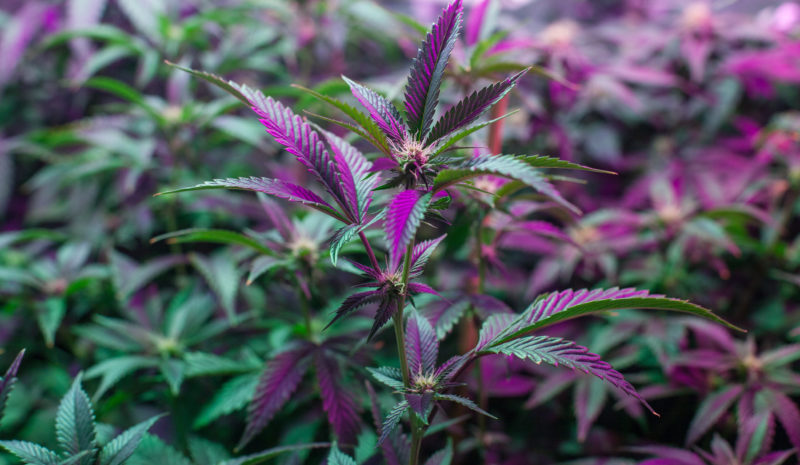
New Jersey Governor Signs Adult-Use Cannabis Bill Into Law
New Jersey Governor Phil Murphy signed bill A21 into law on Feb. 22 legalizing and regulating cannabis use and possession for adults 21 years and older. Back in November 2020, the voters of New Jersey approved a constitutional amendment legalizing cannabis.
“Our current marijuana prohibition laws have failed every test of social justice, which is why for years I’ve strongly supported the legalization of adult-use cannabis,” said Governor Murphy. “Maintaining a status quo that allows tens of thousands, disproportionately people of color, to be arrested in New Jersey each year for low-level drug offenses is unjust and indefensible. This November, New Jerseyans voted overwhelmingly in support of creating a well-regulated adult-use cannabis market. Although this process has taken longer than anticipated, I believe it is ending in the right place and will ultimately serve as a national model.
“This legislation will establish an industry that brings equity and economic opportunity to our communities, while establishing minimum standards for safe products and allowing law enforcement to focus their resources on real public safety matters,” continued Gov. Murphy. “Today, we’re taking a monumental step forward to reduce racial disparities in our criminal justice system, while building a promising new industry and standing on the right side of history. I’d like to thank the Legislature, advocates, faith leaders, and community leaders for their dedicated work and partnership on this critical issue.”
Under A21, known as the “New Jersey Cannabis Regulatory, Enforcement Assistance, and Marketplace Modernization Act,” the Cannabis Regulatory Commission (CRC) will promulgate regulations to govern the medical and adult-use industries and oversee the applications for licensing of cannabis businesses. The legislation further provides for the Legislature to reinvest cannabis revenues in designated “impact zones”; directs the CRC to promote diversity and inclusion in business ownership; and contains critical employment protections for people who engage in lawful behavior with respect to cannabis.
Gov. Murphy also signed A1897, decriminalizing marijuana and hashish possession, and S3454, clarifying marijuana and cannabis use and possession penalties for individuals younger than 21 years old.
A1897 reforms criminal and civil penalties for marijuana and hashish offenses, as well as provides remedies for people currently facing certain marijuana charges. The bill prevents unlawful low-level distribution and possession offenses from being used in pretrial release, probation, and parole decisions and provides certain protections against discrimination in employment, housing, and places of public accommodation. The bill also creates a pathway to vacate active sentences for certain offenses committed before enactment of the enabling legislation.
The Governor today also signed S3454 into law, clarifying penalties for marijuana and cannabis possession and consumption for individuals younger than 21 years old. The legislation corrects inconsistencies in A21 and A1897 concerning marijuana and cannabis penalties for those underage.
In July 2019, Governor Murphy signed legislation (“The Jake Honig Compassionate Use Medical Cannabis Act”) to reform New Jersey’s Medicinal Marijuana Program (MMP) and expand patient access to medical marijuana, ensuring this life-changing medical treatment is affordable and accessible for those who need it most.
In December 2019, Governor Murphy signed one of the most progressive expungement reforms in the nation, giving individuals entangled in the criminal justice system the opportunity to fully participate in society. S4154 eliminated fees for expungement applications and additionally created a petition process for “clean slate” expungement for residents, as well as required the State to implement an automated clean slate expungement system. Furthermore, the bill required that low-level marijuana convictions be sealed upon the disposition of a case, preventing those convictions from being used against individuals in the future.



